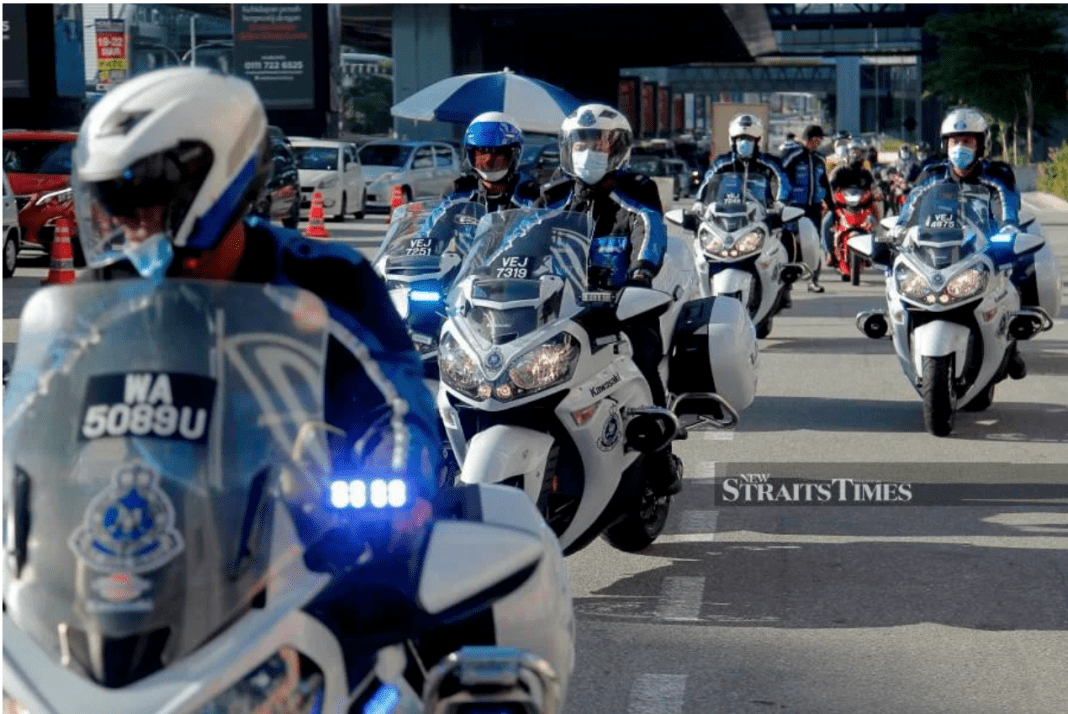WITH Covid-19’s exponential spread threatening entire populations, the role of government during this pandemic has undoubtedly, and understandably increased.
This role, among others, includes determining when free movement should be restored, which sectors of the economy are able to operate, and which layers of society experiencing present hardships ought to receive financial assistance.
Not limited to that, the gravity of the situation has also led to public acquiescence of the need to set aside individual liberty for the collective safety of the community.
This has included accepting a limitation on free movement rights to give effect to the Movement Control Order (MCO), and sacrificing personal privacy to allow the government to track potential Covid-19 close contacts.
But, complicating efforts is how governments need to do this in a hastened time frame, with oftentimes incomplete information owing to the novelty of the situation and the virus.
Raising the stakes is that any policy misstep would result in wasted time and misallocated resources, and potentially even the loss of lives. Further, any mistake could come at the expense of government credibility and public trust.
With any measure to stop the spread of the virus hinging on whole-of-society buy-in, lowered levels of trust and credibility in the government would be unsettling.
Taking these together, it makes the case that while speed is, and should be of the essence, this should not come at the expense of informed and deliberate policymaking. Below are a few considerations for policy-making during the Covid-19 pandemic:
Firstly, any policy introduced needs to be made based on science and empirical evidence, however unpopular that may be.
Towards crafting these policies, there should neither be room for any interest but the public’s, nor for “common sense” recommendations that could lead to a false sense of security.
Here, and perhaps one of the few silver linings of the global pandemic, is the wealth of best practices that can be drawn from other country’s experiences.
These best practices offer invaluable lessons for our policymakers to learn and adopt, promising a simultaneous increase in efficiency in policy implementation while reducing the chances of making costly mistakes.
Secondly, considering the high cost of any mistake, processes such as Parliamentary debate and approval should not be viewed as an obstacle towards efficient policy implementation.
Here, elected representatives need to ensure that any Bill tabled is given close scrutiny with constructive comments to match, to ensure more robust and rigorous policies for the people. Partisan politics need to be cast aside in the august house.
With more at stake today than before, it is time for politicians to move past the hyper-partisanship that has long plagued policy-making in Malaysia, and prove worthwhile the mandate given to them by the people.
Thirdly, as with how dealing with Covid-19 requires a whole-of-society approach, this should also be reflected in policy-making.
Here, policymakers ought to be open to not only external viewpoints from experts in think tanks, academia, NGOs, and industry – but also those of the ordinary man on the street.
While the latter might lack the rigour needed for specific policy recommendations, his/her respective lived experience would prove pivotal in ensuring policies that are responsive to the needs of the people.
In closing, it is worth remembering that speedy implementation is not the end all, be all for policymaking during Covid-19.
While time is of the essence, costly mistakes must and can be avoided by putting policies through the rigours of the democratic process.
While admittedly it would be more time consuming, being right the first time around would prove more important in the grander fight against Covid-19.
This article was first appeared on the New Straits Times on 21 April 2020





